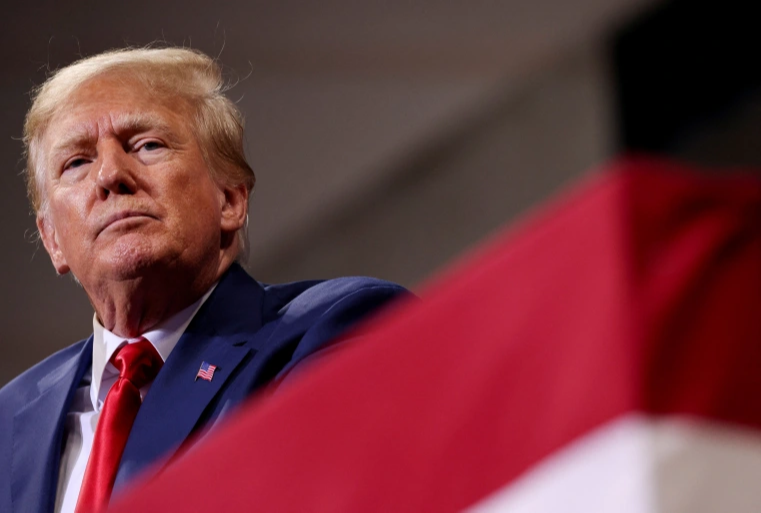
Former U.S. President Donald Trump has argued the investigation into his possible mishandling of classified documents is politically motivated [File: Andrew Kelly/Reuters]
Washington, October 14 (RHC)-- The U.S. Supreme Court has rejected a request by Donald Trump‘s lawyers to intervene in a legal battle over classified documents seized from the former United States president’s Florida estate.
A lower court had barred an independent arbiter from reviewing more than 100 classified files seized from Trump’s Mar-A-Lago home in an FBI search in August.
Trump’s team had asked the Supreme Court to reverse that decision, but the nation’s highest judicial body declined his request on Thursday. There were no publicly noted dissents by any of the nine Supreme Court justices to the decision, which came two days after the US Justice Department urged them to deny Trump’s request and keep the classified documents out of the hands of the arbiter, known as a “special master”.
The decision is the latest development in Trump’s dizzying array of legal problems and investigations since he left office in early 2021. It also came on the same day that a congressional panel voted to subpoena the former president to testify under oath over his role in the January 6, 2021, riot at the US Capitol.
The FBI seized more than 11,000 records from Mar-A-Lago on August 8th as part of an investigation into Trump’s potential mishandling of classified government documents. Trump called the raid a “travesty of justice” and suggested that it was politically motivated.
At the former president’s request, a District Court judge in Florida appointed the special master to screen the seized files for anything that could potentially be subject to attorney-client and executive privilege.
That move essentially froze the Justice Department’s review of the files.
A U.S. Appeals Court later agreed to grant the government’s request to resume checking the classified documents. Trump’s team filed an emergency request on October 4, asking the Supreme Court to reverse the appeals court’s decision. But in a filing to the top court, the U.S. Justice Department had rejected that argument as being without merit.

